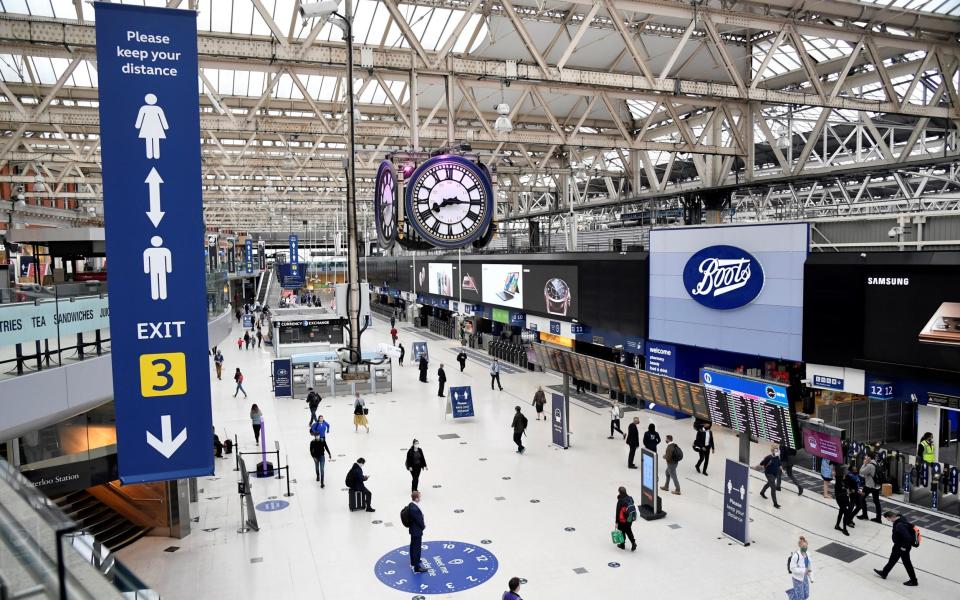High earners suffer steepest inflation during pandemic

High earners have experienced a steeper rate of inflation than poorer families throughout the pandemic despite the concerns of campaigners led by food poverty activist Jack Monroe.
Rising transport costs pushed up inflation for high-income households to 5.5pc in December, compared to 5.3pc for low-income families, the Office for National Statistics (ONS) said.
In the aftermath of the financial crisis, the cost of living rose more sharply for poorer households. However, ONS figures show this has not been the case during the pandemic so far.
It also unveiled an overhaul of its analysis amid pressure from Ms Monroe, yet stopped short of her demand for inflation calculations to put more weight on cheap "basic" ranges in supermarkets that many low-income shoppers rely upon.
None the less, the UK’s official statistics body vowed to ensure that “no one is left behind” and said it will change how it collects data and the figures it publishes to boost inclusivity.
It will update guidance for measuring disability, mental health, ethnicity, religion and sex and gender identity while launching measures to help capture data from different groups in the UK.
Following the announcement, Ms Monroe said there “lots of interesting stuff happening to look forward to” after meeting with the ONS.
Ms Monroe had called on statisticians to release an index of essential items as families are battered by the living costs crisis. Her viral Twitter thread listed some steep price rises for value ranges that are more likely to be bought by poorer families.
CALL FOR EVIDENCE. In order to compile the #VimesBootsIndex, we need more data than my own collection of shopping receipts holds. If you want to help, please forward (removing your identifying info) any online shopping receipts to vimesbootsindex@gmail.com. See below for more!
— Jack Monroe (@BootstrapCook) January 24, 2022
The ONS announced plans to use supermarket scanner data to provide a more detailed picture of price movements, even though the proposals fell short of Ms Monroe’s call for the index tracking the basic ranges.
Debra Prestwood at the ONS vowed to publish annual updates on its progress on diversity.
“It’s not enough to just track general trends across our whole population," she said.
“This plan is a significant milestone to make the step-change needed in the UK data infrastructure, to make sure everyone is counted, and no one is left behind.
“Society is made up of different groups who have different experiences: experiences that we need to recognise and understand if we want a society where everyone can thrive.”

 Yahoo Finance
Yahoo Finance 